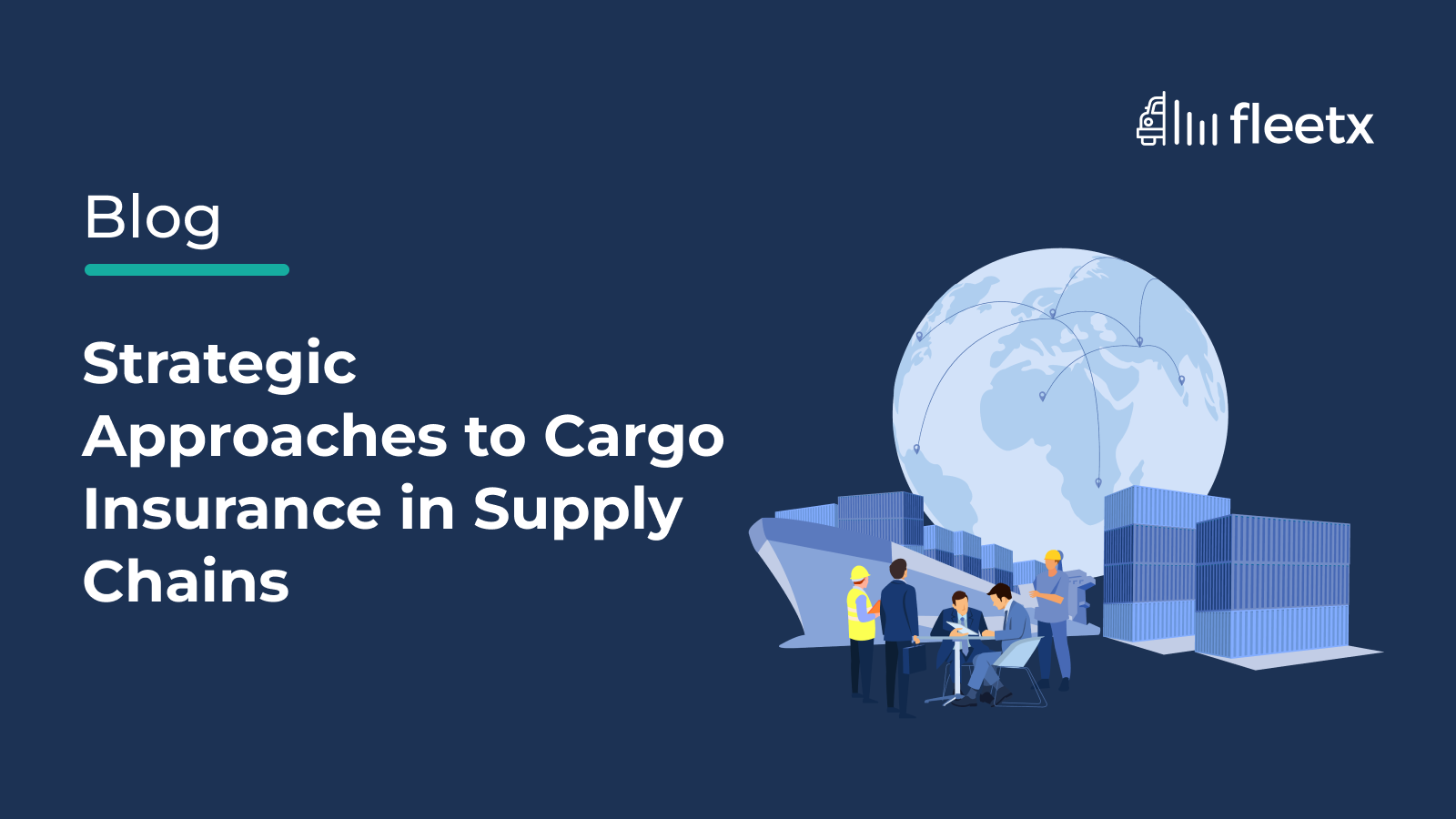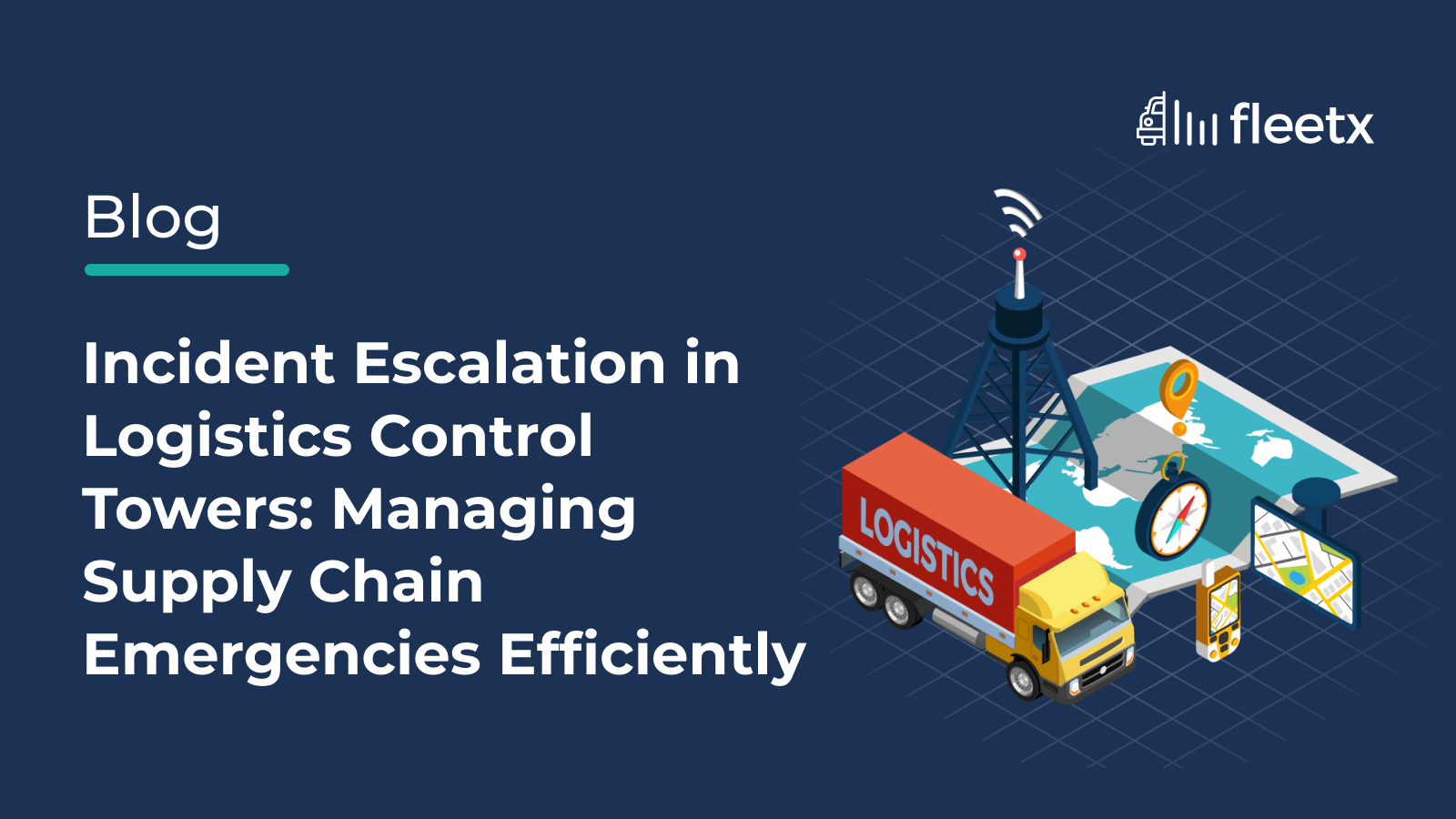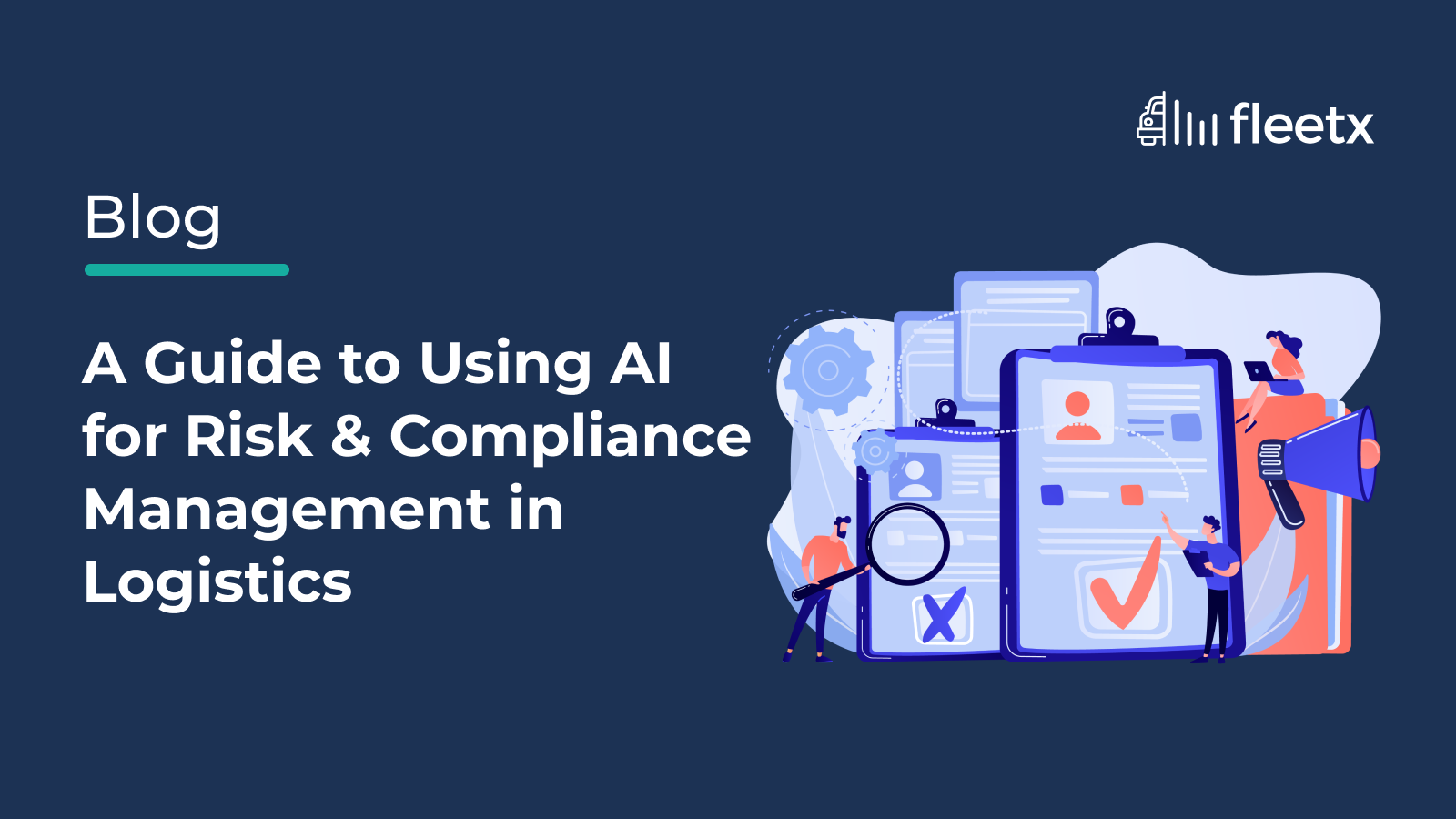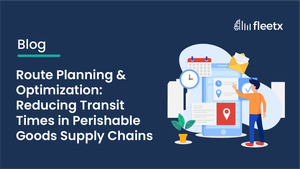
Supply chains are the backbone of modern-day commerce; whether transporting goods across cities or continents, ensuring the safety and timely delivery of cargo is critical. However, despite taking precautions, unforeseen events like theft, damage, or delays can disrupt operations and lead to financial losses. In situations like these, cargo insurance can ensure your company recovers from a setback.
A well-thought-out cargo insurance strategy not only reduces risks but also strengthens the overall efficiency of supply chains. For Indian businesses navigating a dynamic logistics landscape, understanding cargo insurance is a step toward smoother operations and financial security.
The Need for Cargo Insurance
Cargo transportation is inherently risky. Goods can be exposed to hazards such as:
- Natural Disasters: Cyclones, floods, fires, and earthquakes can damage shipments, especially in vulnerable and remote regions.
- Theft: Cargo theft remains a significant concern, and it is especially hard to control when employees are involved with external conspirators.
- Human Errors: Mistakes in loading, unloading, or handling cargo can lead to damages.
- Transit Delays: Unexpected delays can result in spoilage (for perishable goods) and penalty fees, not to mention customer dissatisfaction.
For fleet managers and business owners, these risks translate to potential financial losses, customer dissatisfaction, and operational inefficiencies. Without reliable cargo insurance, businesses are left exposed and are forced to rely on reactive measures rather than proactive solutions. Additionally, many companies underestimate the importance of strategic cargo insurance, viewing it as an added cost rather than a necessary investment.
Strategic Approaches to Cargo Insurance
To address these challenges, businesses should adopt a strategic approach to cargo insurance. Here are some things to keep in mind while exploring options:
- Evaluate Coverage Needs
- Start by understanding the specific risks associated with your supply chain. For example, if you frequently transport perishable items, consider policies that cover spoilage due to delays or cold-chain failures.
- Assess the value of your shipments to determine the appropriate coverage amount. Under-insuring or over-insuring can lead to financial inefficiencies.
- Leverage Technology for Risk Assessment
- The collected data can be used by smart technologies and AI solutions to identify high-risk areas and routes. These insights allow businesses to take preventive measures and choose relevant insurance policies.
- Dashcams and real-time monitoring tools can provide data to insurers, and potentially lower premiums by demonstrating proactive risk management.
- Understand Policy Inclusions and Exclusions
- Cargo insurance policies vary widely in their terms. Ensure you clearly understand what is covered (e.g., theft, natural disasters, transit delays) and what is not (e.g., poor packaging or pre-existing damages).
- Work with your insurance provider to negotiate terms that align with your business’s unique risks.
- Partner with Reliable Insurers
- Choose an insurance provider with a good track record in the logistics industry. Reliable insurers can offer faster claim settlements and better customer support.
- Consider insurers who provide value-added services, such as risk assessment consultations or tools for monitoring shipment conditions.
- Adopt a Proactive Claims Management System
- Simplify and streamline the claims process by maintaining proper documentation, such as bills of lading, packing lists, photographs of goods, etc.
- AI-powered platforms can help digitize and automate claim submissions, reducing processing time and increasing transparency.
- Collaboration Across Stakeholders
- Effective cargo insurance strategies require collaboration between shippers, carriers, insurers, and technology providers to improve overall risk management.
- Continuous Monitoring and Improvement
- Regularly review your insurance strategy based on changes in your business operations, cargo types, or supply chain routes.
- Utilize analytics tools to identify trends and refine your approach.
- Ensure compliance with regulatory requirements, particularly for cross-border shipments, to avoid legal complications.
To Conclude
Cargo insurance is more than just a safety net; it is an indispensable asset in the current logistics landscape. By adopting smart, data-driven approaches and leveraging modern tools, businesses can proactively mitigate risks, enhance efficiency, and build resilience in their supply chains. Whether you are a small business or a large enterprise, investing in a comprehensive cargo insurance strategy can translate to financial security and enhanced customer trust.
As India’s logistics sector grows, companies prioritizing proactive risk management and innovative solutions will lead the way. Start by evaluating your current insurance strategy and explore how Fleetx can help optimize your operations further. Remember, a little foresight today can save you from significant challenges tomorrow!






